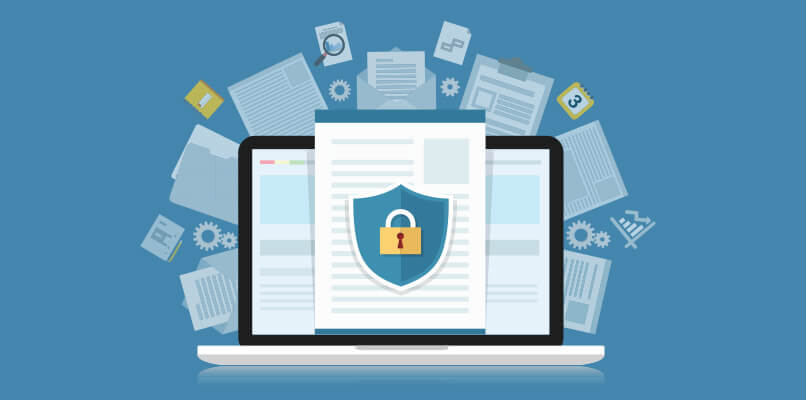1. Install an SSL Certificate
A Secure Sockets Layer (SSL) certificate encrypts the data transmitted through your website. It can be regarded as a privacy envelope to protect the transmission of sensitive internal information between you and the website. This high-tech privacy envelope can only be opened by the intended recipient, and cannot be opened between the two. SSL certificates can not only protect your visitors but also rest assured that their personal information is protected.
2. Utilize CAPTCHAs
CAPTCHA stands for “Completely automated public Turing test to distinguish between computers and humans.” This acronym sounds strange, but you must have seen these confusing words or digitally distorted images on the website before. The verification code prevents bots from attempting to automatically submit forms or obtain email addresses. For example, if you want to protect your website from fraudulent registration communications, CAPTCHA is a great way to stop spammers.
3. Regularly Scan for Malware
When you imagine being hacked, you might think of a black screen with skeletons and skulls hanging on it. But most hackers are more discrete. They want your website to be infected as long as possible before you notice, so they have time to steal data or send spam. Therefore, it is very important to use malware protection services such as SiteLock Security to protect your website. SiteLock searches for malware on your site every day and automatically deletes it, thus saving time and protecting the site from hacker attacks.
4. Update Plugins and Applications
Running old software is like closing the door at night without locking it. For the bad guys, this is too easy. Every time a new software is released, security vulnerabilities are corrected, so you need to make sure that you can take advantage of these fixes every time a new version is released. If you have installed the application using MOJO Marketplace, you can automatically update it by clicking the “Upgrade” button. For installations done with Fantastico, the Fantastico main screen displays a link on the right with available updates.
You also need to update the plugins because they were created for use with a specific version of WordPress, Joomla or Drupal. One way to never miss an update is to subscribe to the list of security bulletins for each plugin. Remember: not all plugins are the same. Only use products that have been highly vetted and proven to be safe.
5. Access Your Site From a Secure Location
Viruses, malware, and keyloggers (monitoring software that records what you type) can be secretly installed on computers and used to obtain username and password credentials or infect website files. Practicing good home safety means taking common-sense measures, such as
– Never open emails or attachments from people you don’t know
– Use a reliable antivirus or spyware scanner
– Back up your website and database frequently
– Avoid rogue websites
– Be careful where to share your information


